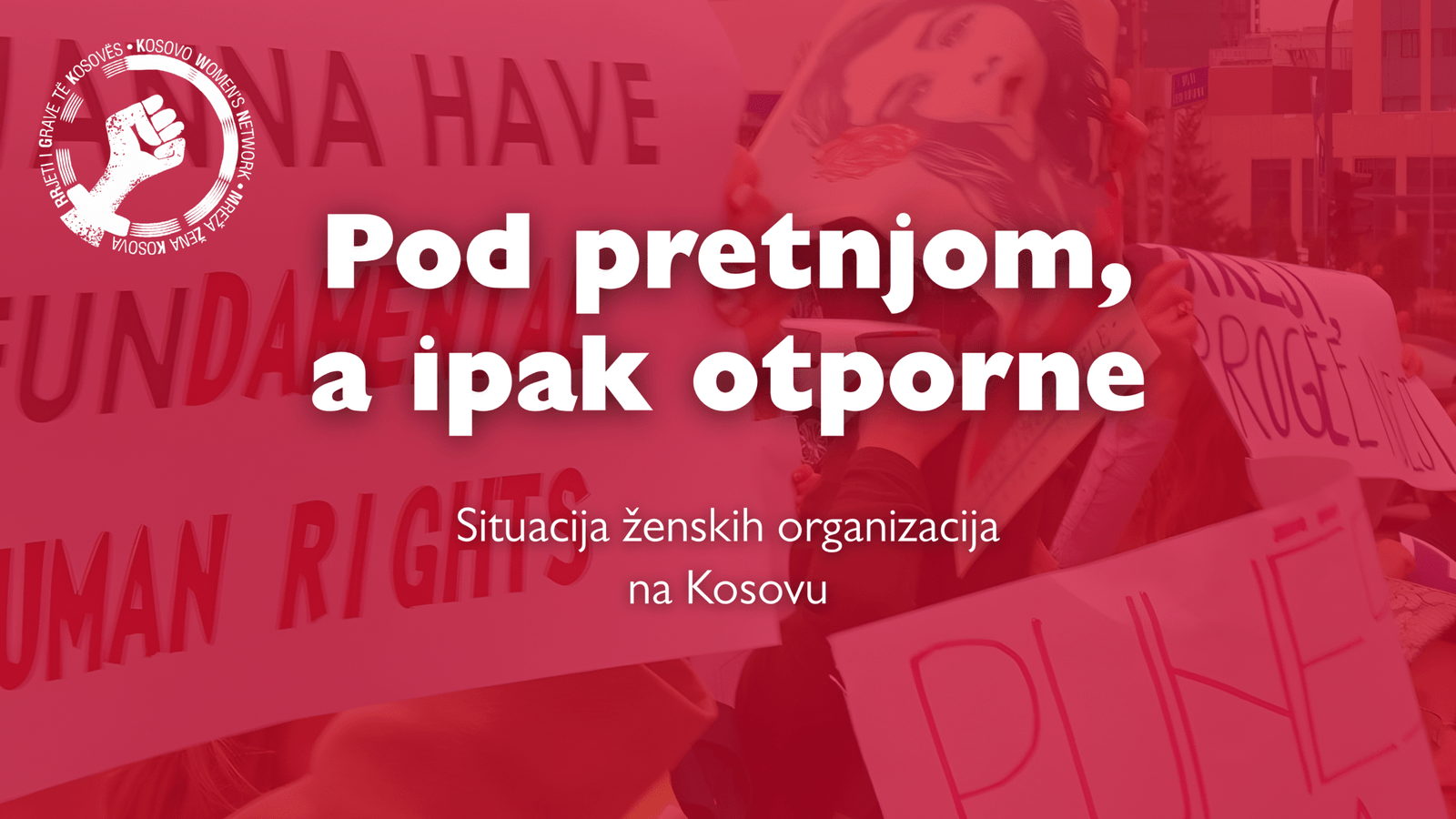The first Annual Meeting of the NATO Civil Society Advisory Panel (CSAP) on Women, Peace and Security is being held in Brussels from 17-18 October, where Igballe Rogova, Kosovo Women’s Network (KWN) Executive Director is attending as a member of the Core Group.
NATO and its partners recognize the important role of civil society in promoting the Women Peace and Security (WPS) agenda, and in promoting women’s and girls’ empowerment and the protection of their rights. Through the new Civil Society Advisory Panel on Women, Peace and Security (CSAP), NATO wishes to more systematically draw upon the insights and expertise of civil society, and to benefit from civil society contributions as it moves the agenda on WPS forward. Through this meeting, NATO seeks to ensure a continued dialogue with civil society actors on matters concerning WPS, including in the planning and execution of NATO-led operations and missions. The NATO Special Representative on Women, Peace and Security, Ambassador Marriët Schuurman, has led the initiative to establish the CSAP, and is its main interlocutor at NATO.
Rogova’s selection was based on recommendations received from nations and international organisations. Membership is fixed for a period of two years and is renewable. The Civil Society Advisory Panel has two groups, including the Core Group of civil society persons participating in their own capacity and the Group of CSOs that each selects one person to represent the CSO on the Panel. The second meeting is expected to be held in May 2017, so as to facilitate dialogue in advance of the 2018 revision of NATO’s 1325 policy and action plan.
Rogova often has been heralded as a pioneer in her advocacy work on UNSCR 1325. Since the Resolution’s passage in 2000, Rogova has used it in advocating for women’s right to participate in decision-making processes, initially in Kosovo’s post-war reconstruction phase. She instigated the drafting of a very influential report for NATO and other actors entitled 1325 Facts and Fables on the implementation of United Nations Security Council Resolution 1325 on Women, Peace, and Security in Kosovo. She was deeply involved in supporting the establishment of the President of Kosovo Atifete Jahjaga’s interministerial National Council on Survivors of Sexual Violence; in advocacy for justice and reparations for women who suffered sexual violence during the war; and in regional truth and reconciliation commissions on this issue. Rogova also advocated for and later participated in the drafting of Kosovo’s National Action Plan to implement Resolution 1325.
Most recently, Rogova served on the UN High-level Advisory Group for the Study on the implementation of UNSCR 1325 on Women, Peace and Security.
For the last 15 years Rogova has shared her knowledge and experience on best practices for implementing the Resolution with several militaries and civil society activists in other conflict and post-conflict countries.






